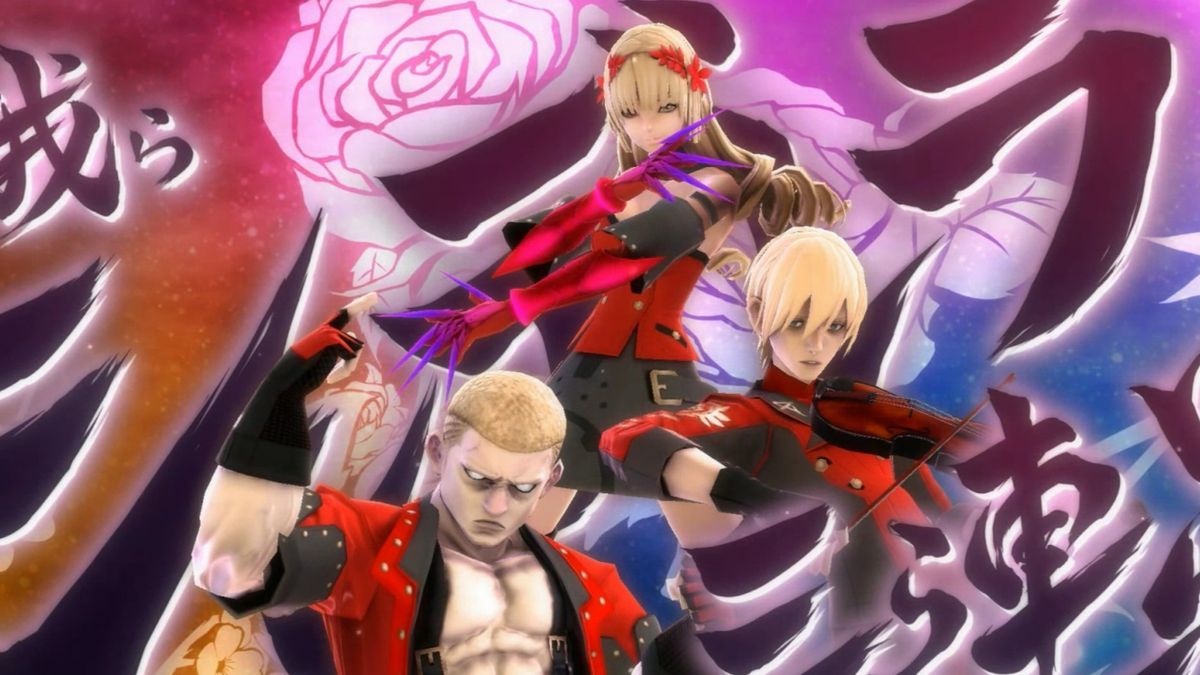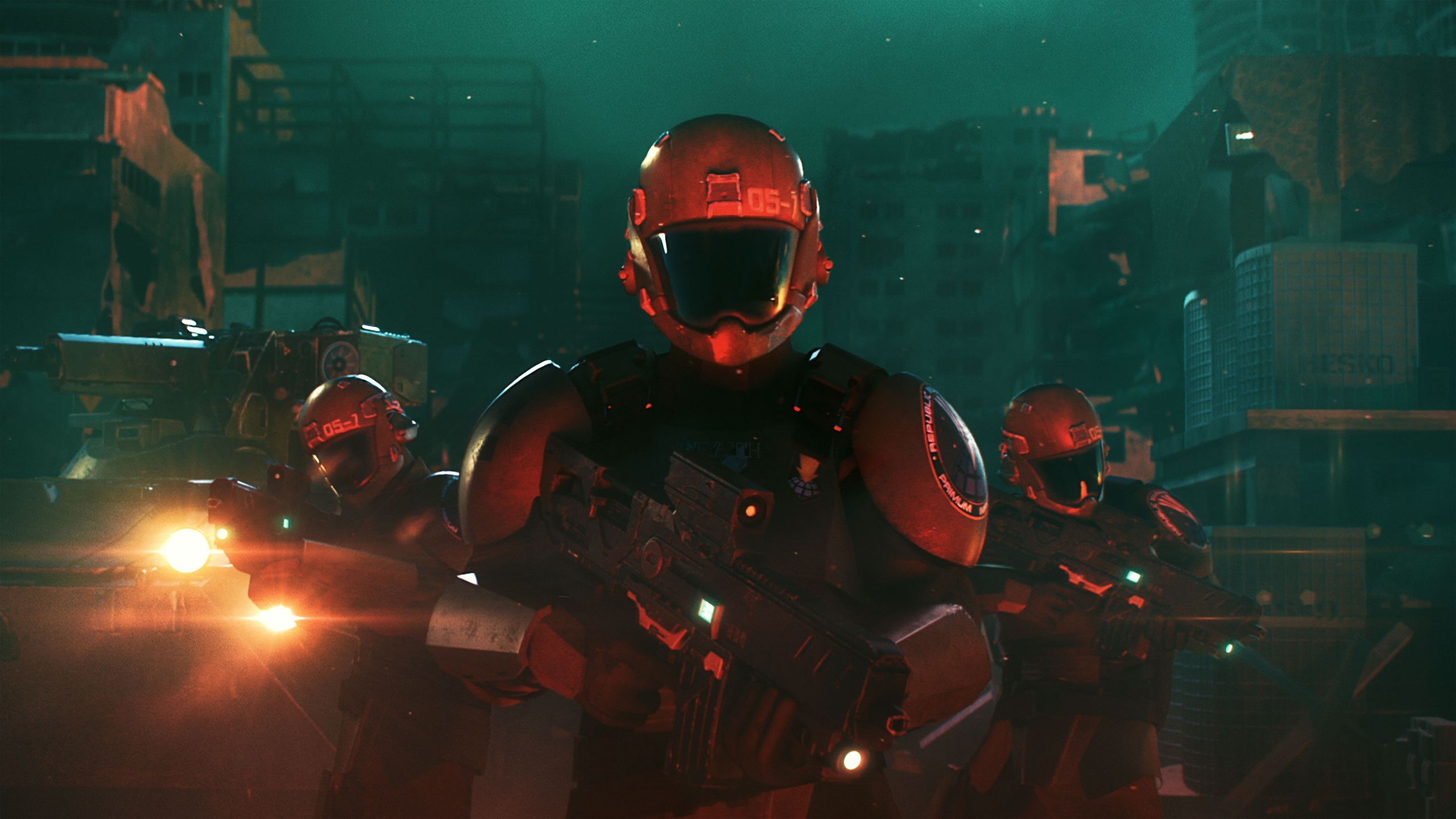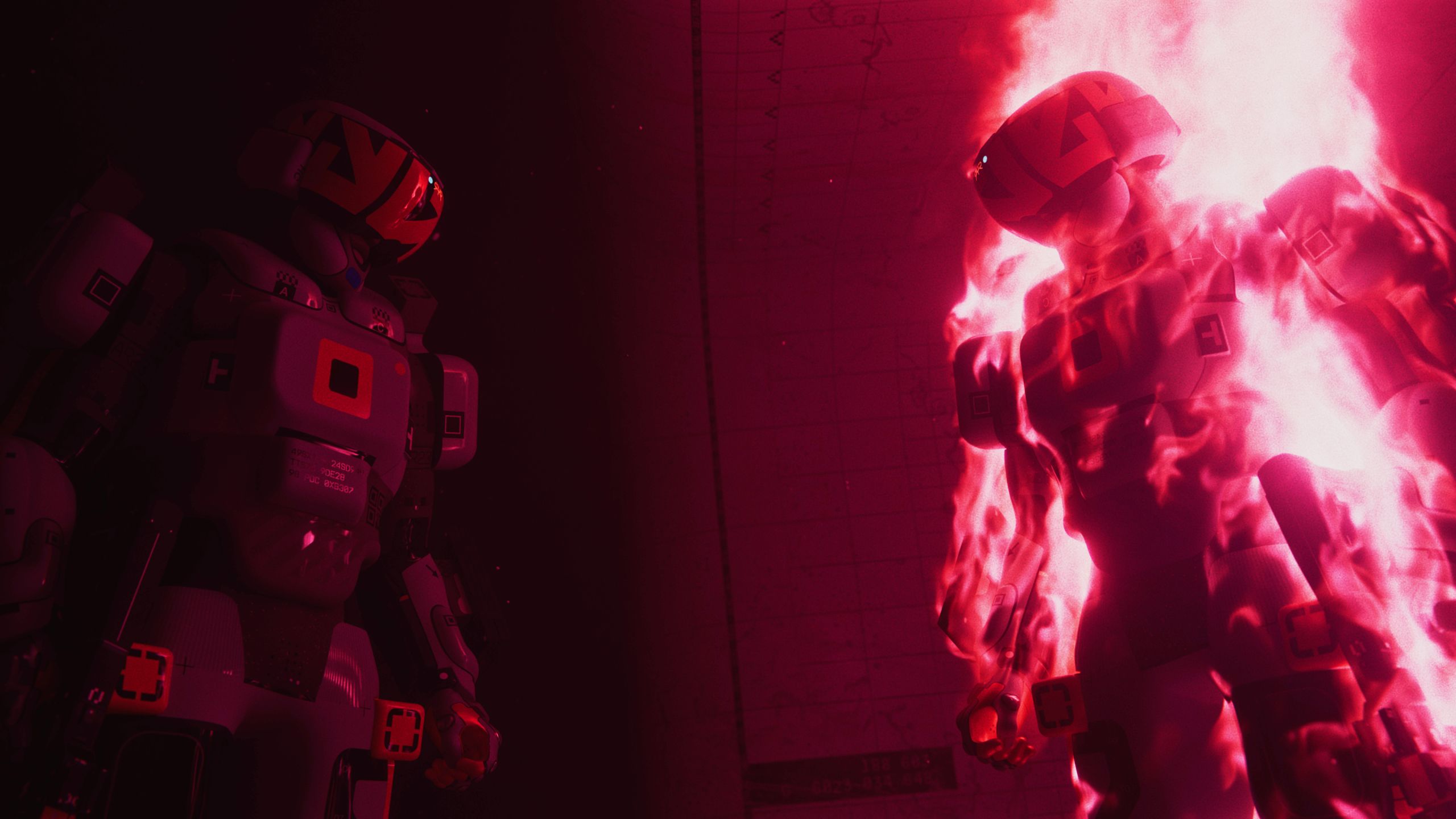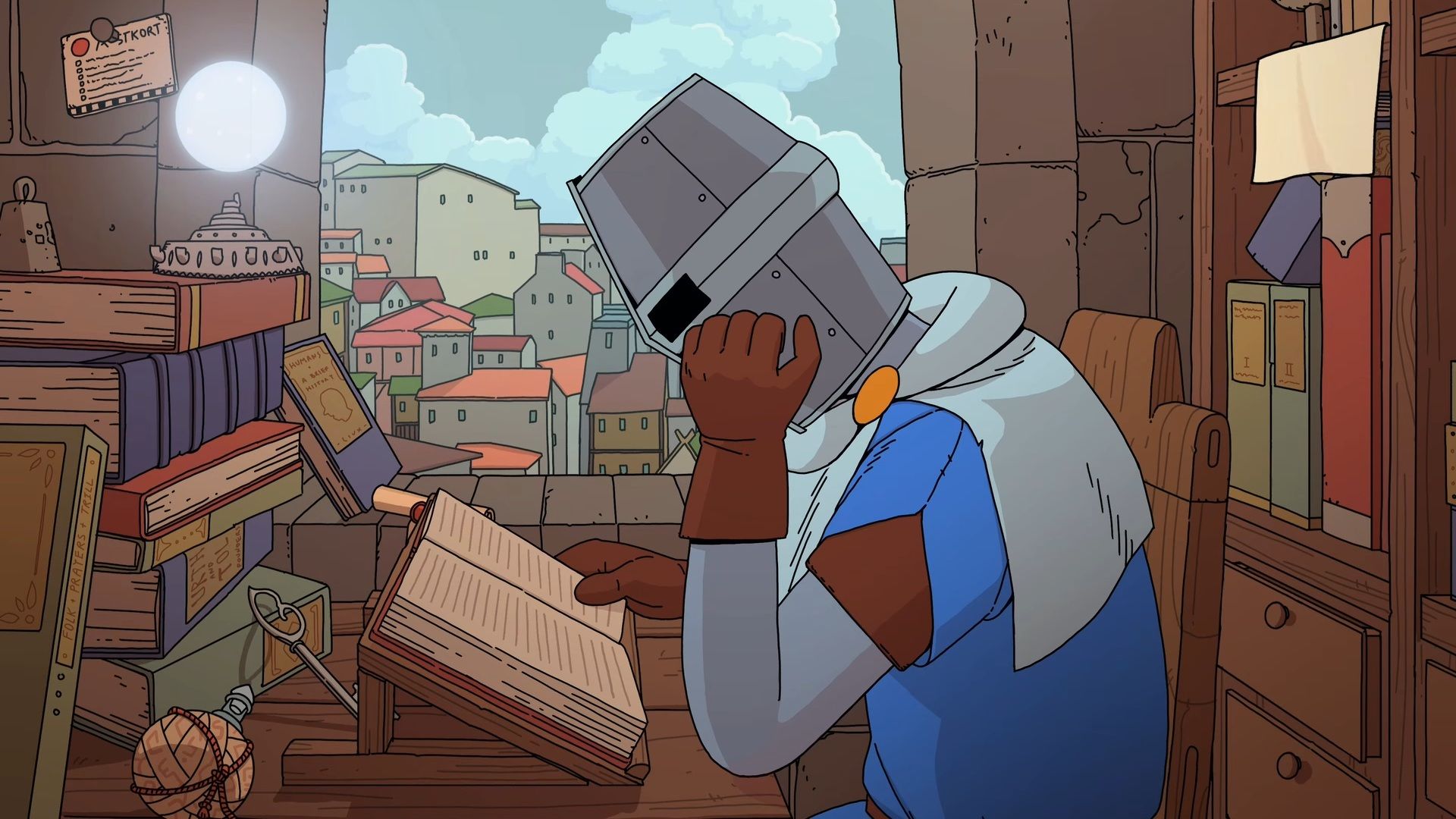I thought I’d had enough of RPG heroes with dead parents and memories full of holes. I was done with save crystals, world maps, and feisty princesses with magical powers. What’s that? The world’s very existence is under threat because an ancient and all-powerful being got a bit sad? Spare me.
Need to know
What is it? A sweet RPG exterior hiding a rock-hard battle core
Release date: December 5, 2024
Expect to pay: £44.99/$49.99
Developer: Mistwalker Corporation
Publisher: Square Enix
Reviewed on: Intel i9-13900HX, RTX 4090 (laptop), 32GB RAM
Steam Deck: Verified
Multiplayer? No
Link: Official website
But it’s hard to hold such timeworn clichés against Fantasian. The game’s producer and chief storyteller is none other than Final Fantasy legend Hironobu Sakaguchi, who’s been making RPGs for so long he practically invented some of these tropes, or at least knew the person who did. Besides, this retro-styled approach to the plot brings a fantastic focussed attitude along with it, never spending any longer than absolutely necessary on an energetic prison break sequence or the latest almighty god’s dramatic monologue. The game wants to take me away on a grand adventure filled with magic and monsters, whisked from one place to the next before I’ve had the chance to think too hard about why I’m currently fighting a haunted gondola or a really angry sun.
The places I end up in are as traditional as they come—a dusty little town, a shining city, strange mechanical nowheres filled with danger—but they all look brand new thanks to the game’s unusual visual style.
Here the locations I visit aren’t created from 3D renders or detailed pixel art, but photographs of real handmade dioramas. The effect is so stunning I often ended up wandering around just to see more of the craftsmanship that’s gone into these sets, places where every tiny glass bottle and folded bed sheet has been made and then positioned by hand. There are obvious paint marks on rocky outcrops, curled corners on tiny rugs, and all sorts of other wonderful imperfections that enliven these scenes in ways no quantity of raytraced polygons could ever hope to match. At a time when a hundred CEOs are insisting faceless AI mush is the future of “creativity,” this proudly human touch is a very welcome respite.
As RPG tradition demands, wandering around these incredible spaces triggers random battles against anything from mechanical snakes to adorable little mouse-gicians, and again Fantasian has a novel twist up its sleeve that turns the ordinary into the extraordinary: the Dimengeon Machine.
When it’s turned on, this handy little device will automatically hoover up any enemy types I’ve previously fought, allowing me to grab a distant treasure chest or make my way to the nearest save point without being interrupted. The fun thing is those enemies are stored, not destroyed, and the machine needs manually emptying from time to time in one large-scale gauntlet of a battle, unless I want to suddenly face a potentially fatal grab-bag of 30 monsters in one painful go when it overflows. It’s a brilliant mix of reward and risk, allowing me to avoid fights when I’m tired or in a rush, while still making me put in the work at a more convenient time. Unique items appear to help tip these longer battles in my favour, from straightforward attack boosts and status clears to the chance to take an extra turn.
And unlike the random battles in so many RPGs, whenever I choose to fight Fantasian’s menagerie of monsters I always have to take them seriously. The game may be perfectly charming in cutscenes, but it’s never anything less than merciless when the swords come out.
Learning how to master the unusual manual targeting system is crucial. Here attacks aren’t a simple choice between hitting one enemy or a neat row of them at once—they can pierce through an uneven line if I aim them at just the right angle, or even bend in a graceful curve around a defensive blocker to hit the fragile spellcaster standing behind them.
Using an analogue stick to aim instead of jabbing my finger at a touchscreen feels so natural that, bar the odd inclusion of a battery meter on the in-game menu, it’s easy to believe the game had always been made with PCs in mind, and it plays like it’s just another RPG sitting on my SSD. The only weak point is the lack of graphical options, reduced to resolution, FPS (up to 120), and a choice between “low” and “high” detail settings. Although considering most of the time I’m looking at a photo with a few small 3D people on it, maintaining a visual consistency between these elements is more important than really cranking up shadow detail.
I’m usually too busy hacking away at one of Fantasian’s many, many, bosses to notice fine details anyway. Some change stances as the fight goes on, making them more vulnerable to attack. Some have weapons or body parts I should aim for and destroy before they use them to wipe out my entire party. There’s even action-style timing in here, the right move at the wrong time perhaps completely blocked by a rotating barrier or hard shell, or not landing as powerfully as it would have if it had hit the softest body parts.
This concept really goes into overdrive in the second half of the game, to mixed results. I appreciated being forced to use every last spell, skill, and item at my disposal instead of saving them for some imagined “next time” that never came. Debuffs, barriers, and turn-altering tactics are absolutely essential life-saving techniques in Fantasian, and it’s extremely satisfying to shut down everything a boss tries to throw at me.
But as the game wears on too many of these epic clashes start to hinge on how I set up my characters before the battle, rather than how clever I am once I’m in it. Equipping the right sort of status-nullifying or elemental resistance-boosting gems can be the difference between getting hit by a painful blow and an unrecoverable one, and if I didn’t happen to have the right gear on my team already then my only real option is to wait to die so I can fiddle with everyone’s equipment after a reload. Some enemies are incredibly weak to a specific elemental attack I might not currently have unlocked, and I can’t do anything at all about that until I’ve struggled, failed, and then gone back to an earlier checkpoint to access a character’s expansive skill tree and reallocate their points to counter the latest issue.
In spite of these setbacks the pleasure is generally worth the pain, and I always come away from my sessions exhausted but happy. These late-game challenges are just one surmountable issue in a game filled with fresh takes on old ideas, and I admire Fantasian for daring to be a turn-based RPG with real teeth to it—one that makes it all but impossible to out-level or overpower my troubles.










